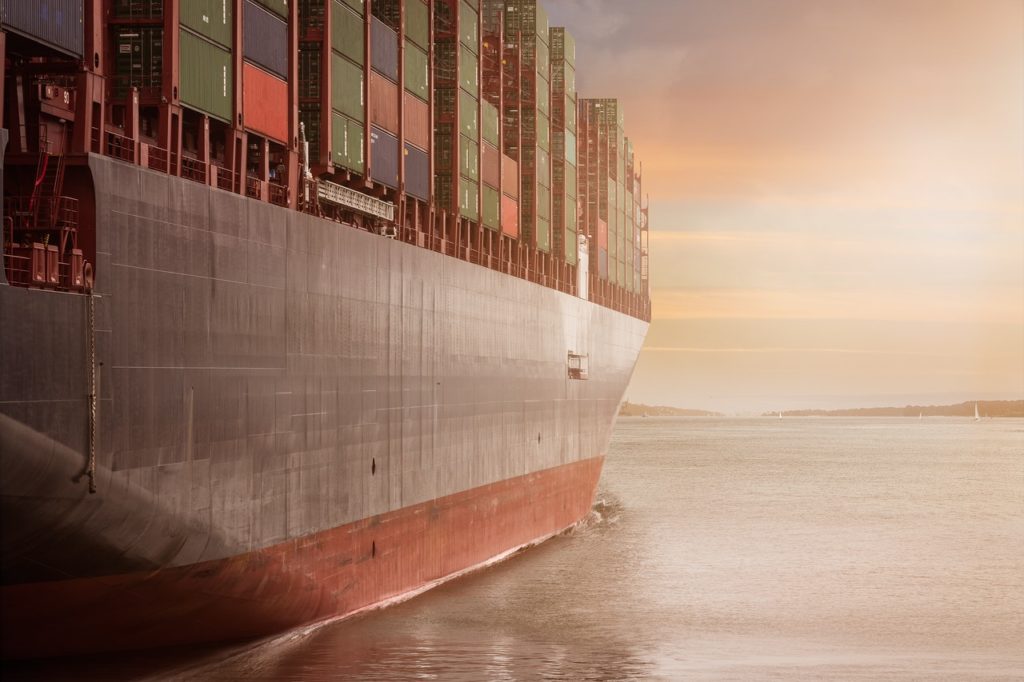Small businesses need a stable supply chain so that they get enough inventory to meet the needs of their customers. A problem along the chain may cause a shortage that has a negative effect on your profits. However, challenges are inevitable and part of any industry. It helps to learn more about supply chain disruptions so you can prepare your small business.
Here are some of the supply chain disruptions you should know about.
Delays in Transportation
Even small business owners can get inventory from suppliers in another country. A delay or stoppage along the process can lead to disastrous results. Your business might encounter a shortage because of this. Natural disasters, changes in regulations or bankruptcies can disrupt transportation links and routes. You have to factor these in when you plan your supply chain strategy. You need to have more than enough inventory to meet the demands of your customers.
Changes in Prices
Price fluctuations are unexpected occurrences in any industry. This happens because of the surge in demand or drop in the supply of various materials needed to produce the inventory you purchase. The sudden increase in costs may affect your small business’ working capital. It might also cascade into the pricing of your products, which results in higher prices for customers. You might need to look for a new supplier, if the price increase is permanent or long-term.
Natural Calamities
This disruption is more difficult to forecast because of its unpredictability. You’ll never know when an earthquake, wildfire, hurricane, typhoon, tornadoes or any natural calamity will strike a city or country where your supplier is. This can cause major delays or damage the inventory you purchased. Localized natural disasters may have a negative effect on the supply chain, even if these occur in a different part of the world.
Disease Outbreaks
The world has learned a lesson from the outbreak of Covid-19. Pandemics or any kind of disease outbreak can halt supply chains regardless of their location. Governments want to prevent the spread of a highly transmissible virus into their borders. This results in a stoppage of the flow of goods by land, air and sea. One infected carrier can transmit an illness to unknowing people from a logistics company.
Government Rules
Tariffs, trade wars, sanctions and other government regulations have an effect on the supply chain. These may increase or decrease the price of materials or the actual goods you need for inventory. This may increase your company’s operational costs. You might have to consider raising prices, downsizing, laying off employees or reducing orders to mitigate the expenses. Read the news and get as much information as possible about government regulations that may affect your supply chain.
Quality Control
Your supplier might have issues with quality control. They might be undergoing a high employee turnover, about to close, cost cutting or other reasons that resulted in poorer quality. This causes a drop in the quality of your products and may in turn affect your customers’ perception of your brand.
These are some of the supply chain disruptions you need to be aware of. Knowing about these allows you to prepare enough inventory and adjust your company’s budget. We at Robookkeeper can provide you with first-rate outsourced accounting services. We work with experienced virtual bookkeepers that can do your bookkeeping for you.

